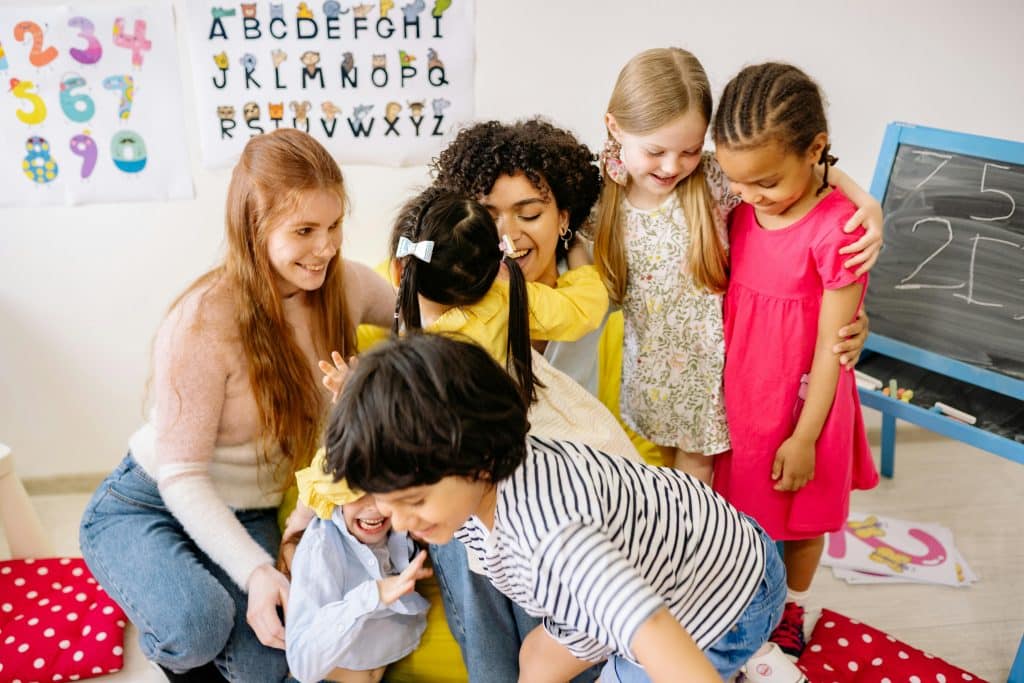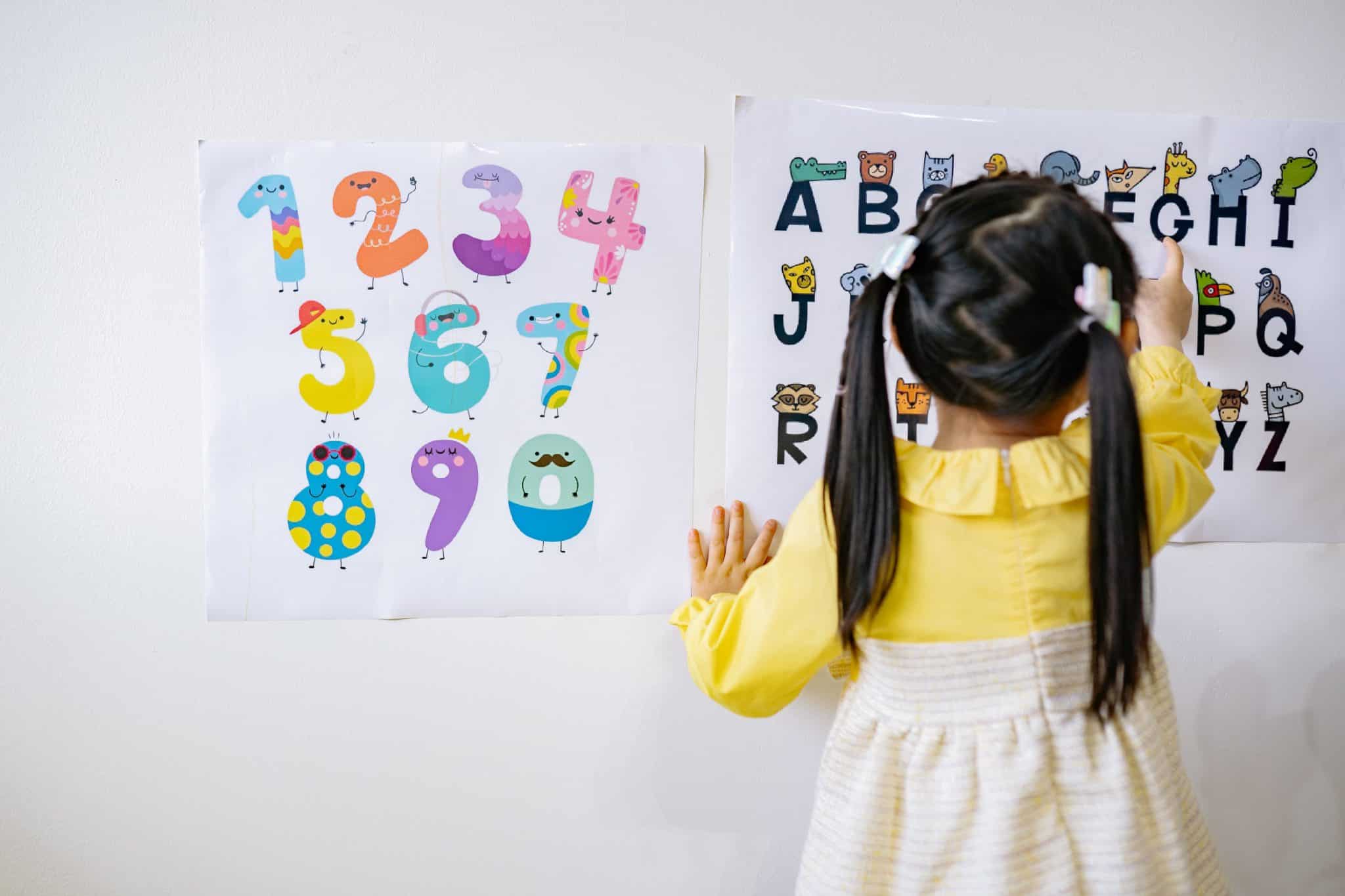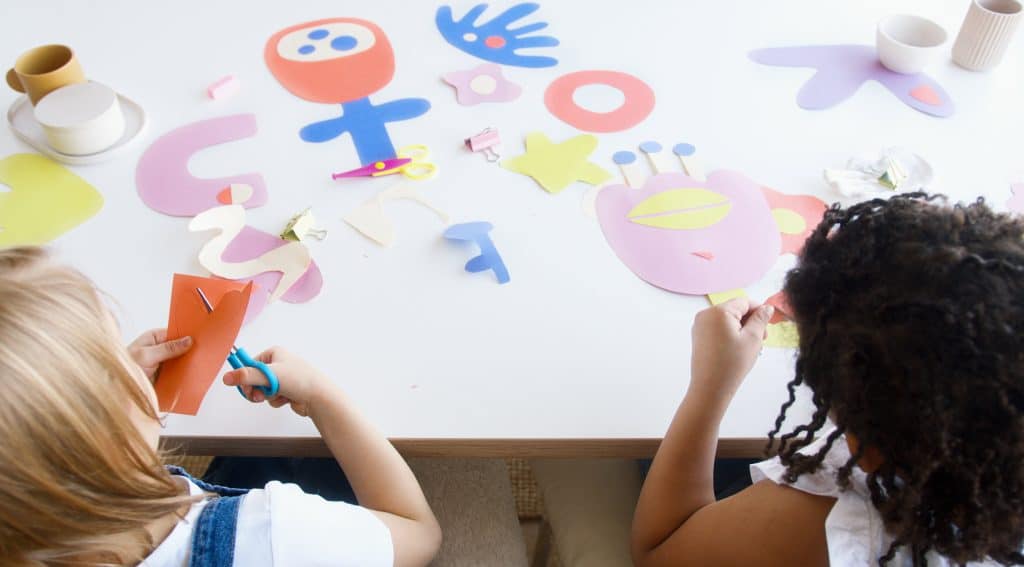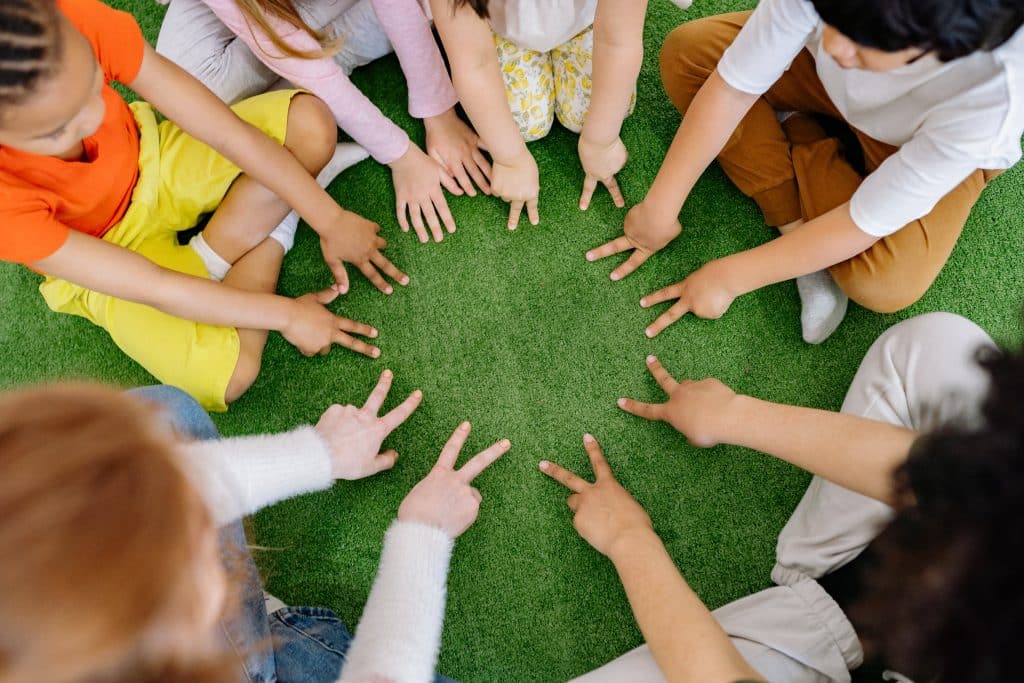The Benefits of Early Childhood Education
The Benefits of Early Childhood Education

In the enchanting world of early childhood, where every day is a canvas for learning and discovery, the significance of early childhood education (ECE) becomes evident as a cornerstone for nurturing holistic development. Early childhood education is not merely a precursor to formal schooling; it is a transformative period that shapes a child’s cognitive, social, emotional, and physical development trajectory. Let’s delve into the myriad benefits of early childhood education, exploring how this formative journey lays the foundation for lifelong learning and success.
Social and Emotional Development:

Early childhood education provides a fertile ground for blossoming social and emotional skills. In the vibrant tapestry of a preschool environment, children learn to interact with peers, share, take turns, and express their emotions in a supportive setting. These early experiences contribute to developing empathy, cooperation, and self-regulation—essential components of a child’s emotional intelligence.
Cognitive Foundations

The structured early childhood education curriculum introduces young minds to the building blocks of cognitive development. From recognizing letters and numbers to exploring shapes and colours, preschoolers engage in activities that stimulate their cognitive faculties. This early exposure lays the groundwork for literacy, numeracy, and critical thinking skills, providing a solid foundation for future academic pursuits.
Language and Communication Skills
Early childhood education is a language-rich environment that immerses children in a world of words, stories, and conversations. Preschoolers develop language and communication skills through storytelling, singing, and interactive activities. The ability to express thoughts, articulate ideas, and comprehend language nuances is honed during this crucial phase, setting the stage for effective communication in later years.
Motor Skills Development

Early childhood education is a powerful tool in our hands. It allows us to shape the development of fine and gross motor skills in our children. Whether it’s holding a paintbrush, stacking blocks, or engaging in outdoor play, early childhood education promotes the development of fine and gross motor skills. These physical activities not only enhance coordination and control but also lay the foundation for future physical activities and a healthy lifestyle. It is important to understand that physical play fosters overall well-being, and its significance cannot be overstated.
Cultivation of Creativity and Imagination
Preschool is a haven for creativity and imagination. Children are encouraged to explore their creative instincts through art, music, and imaginative play. This not only nurtures self-expression but also fosters divergent thinking—the ability to generate unique ideas and solutions. Cultivating creativity during early childhood sets the stage for a lifelong appreciation for the arts and innovation.
Preparation for School Readiness
Early childhood education serves as a bridge to formal schooling, preparing children to transition to primary education. The structured routines, exposure to educational concepts, and social interactions in a preschool setting equip children with the skills and confidence to embark on their academic journey. School readiness encompasses not only academic preparedness but also social and emotional readiness for the school environment.
Encouragement of Curiosity and Inquiry
Preschoolers are naturally curious, and early childhood education channels this curiosity into a love for learning. The curriculum is designed to spark inquiry, encouraging children to ask questions, explore their surroundings, and engage in hands-on activities. Nurturing a curious mindset during early childhood sets the stage for a lifelong love of learning and a curious approach to the world.
Establishment of Healthy Habits
An integral component of early childhood education is the instillation of healthy habits. From promoting good nutrition to incorporating age-appropriate physical activities, preschoolers learn the importance of caring for their bodies. These early lessons contribute to establishing healthy habits that lay the foundation for a lifetime of well-being.
Formation of Positive Relationships
In the social microcosm of a preschool setting, children develop and navigate relationships with peers and educators. These early interactions foster the development of social skills, the ability to collaborate, and the understanding of interpersonal dynamics. Forming positive relationships during early childhood contributes to developing a child’s social competence and emotional resilience.
Parental Engagement and Support
Early childhood education frequently includes active parental participation. Parents receive valuable insights into their child’s development, and educators and parents work together to nurture the partnership. This collaborative approach ensures that the advantages of early childhood education are seamlessly extended from the classroom to the home environment, reinforcing learning and development.
Cultivation of Lifelong Learning Attitudes
Beyond acquiring specific skills, early childhood education instils in children a positive attitude towards learning. The emphasis on exploration, curiosity, and the joy of discovery creates a foundation for a lifelong learner’s mindset. The belief that learning is a continuous and rewarding journey becomes ingrained during these early years.
Early Intervention and Identification of Needs
Early childhood education is extremely important for early intervention and identifying developmental needs. Teachers in preschool settings are trained to observe and assess a child’s developmental progress. Any potential challenges or delays can be identified early, which allows for timely intervention and support. This early support can significantly improve a child’s future learning and development, addressing specific needs before they become more complex issues.
CONCLUSION

In conclusion, the benefits of early childhood education are multifaceted, encompassing cognitive, social, emotional, and physical aspects of development. The holistic approach to learning during these formative years establishes a strong foundation for success in school and beyond. As we witness early childhood education’s transformative impact on preschoolers’ lives, we recognize that these early experiences are not just building blocks; they are the vibrant tapestry that shapes a child’s future trajectory. Early childhood education is not merely a phase but a cornerstone for a lifetime of learning, growth, and fulfilment.
Mulberry School Tour
Our Locations
Click here to visit our Contact Us page and view the preschool/infant care centres conveniently located near you.
CONNECT WITH US
USEFUL LINKS
About Us
Mulberry Learning prides itself on making the preschool experience both memorable and enjoyable while transforming a child into a competent explorer, an imaginative thinker, and a creative problem solver. Through our proprietary award-winning curriculum, unique Habits of Mind programme and dedicated staff who are passionate about imparting positive attitudes, Mulberry Learning holds strong in its promise to deliver a holistic education that nurtures the Future Ready Child.
A PREMIUM PRESCHOOL BRAND UNDER GLOBAL EDUHUB


